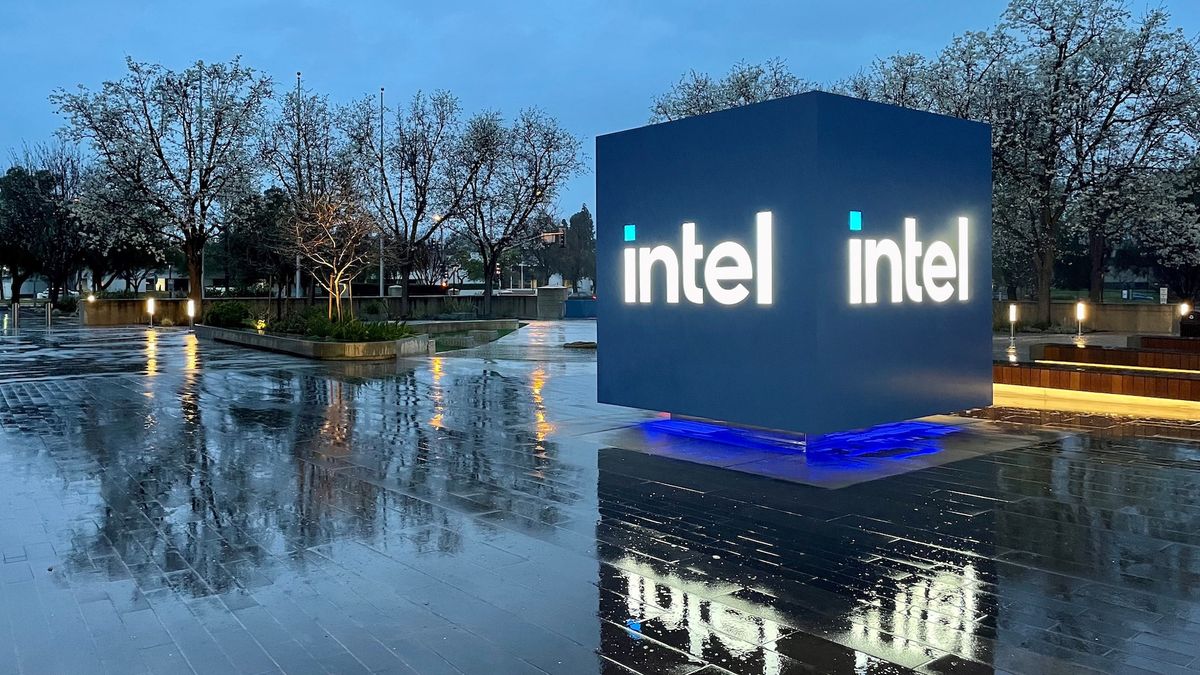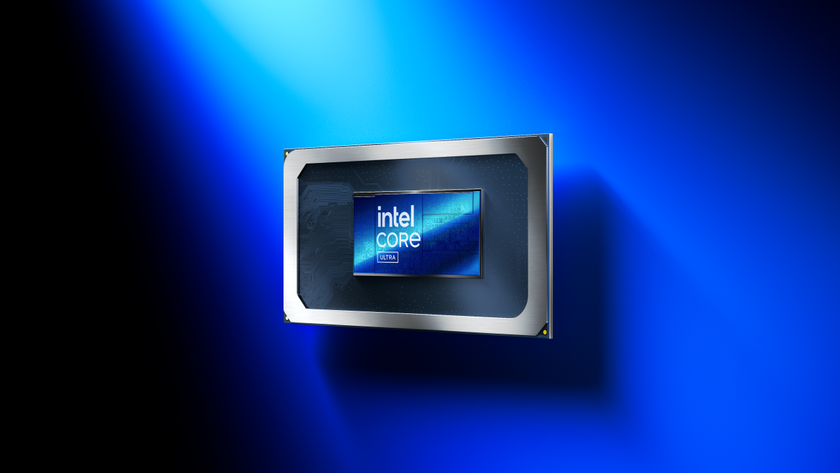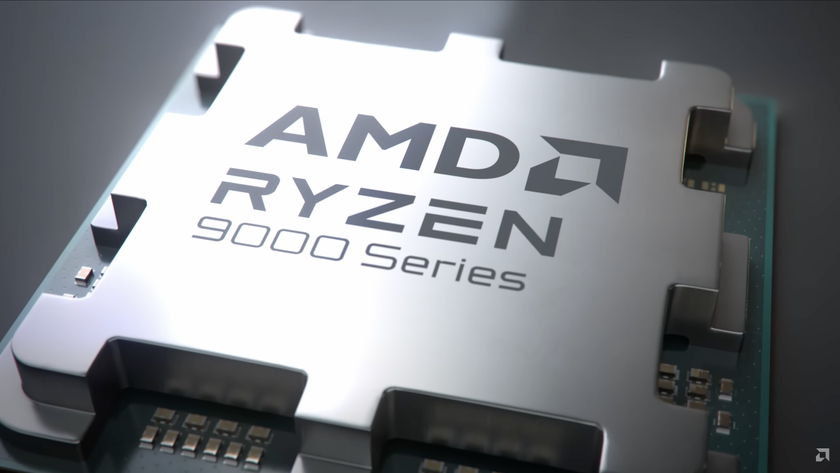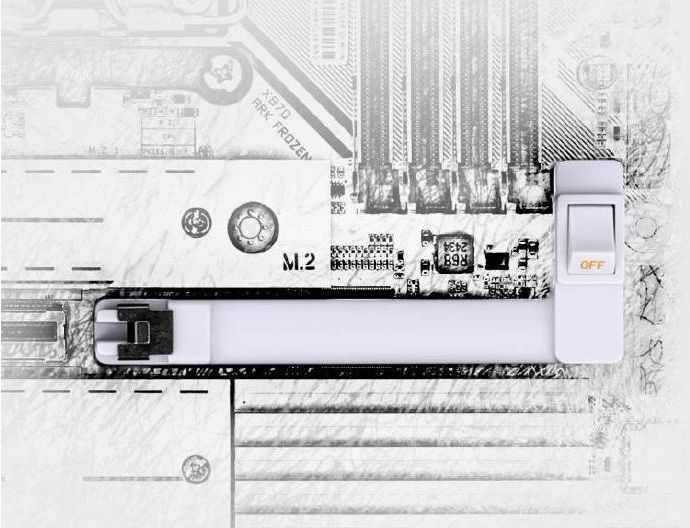Bill Gates says Intel has lost its way, hints that 'brave' Pat Gelsinger exited too soon
Intel has missed several consecutive tech industry megatrends.

Being key players in the PC market, Intel and Microsoft have always worked closely as one developed PC hardware, and the other delivered PC software. Thus, we saw the long-running dominance of 'Wintel' PC systems. Despite this success, both Intel and Microsoft missed the smartphone revolution in the late 2000s – early 2010s. But while Microsoft has managed to recover, Intel is struggling. Bill Gates, a co-founder of Microsoft, admitted in an interview with the Associated Press that Intel had lost its way, and it would be tough to resurrect.
Gates is particularly shocked that Intel, once known for being at the forefront of innovation, has fallen behind in both chip design and manufacturing. Competitors like Nvidia and Qualcomm lead in AI and smartphone processors, whereas TSMC is ahead in terms of process technologies. These issues, combined with the high costs of modern semiconductor development and production, put Intel in a difficult position. Now, with the recent ousting of CEO Pat Gelsinger in December, concerns about the company's ability to survive have intensified.
"I am stunned that Intel basically lost its way," Gates told the Associated Press. "Gordon Moore always kept Intel at the state of the art. And now they are kind of behind in terms of chip design and they are kind of behind in chip fabrication. […] I thought Pat Gelsinger was very brave to say, 'No, I am going to fix the design side, I am going to fix the fab side.' I was hoping for his sake, for the country's sake that he would be successful. I hope Intel recovers, but it looks pretty tough for them at this stage."
While both Intel and Microsoft missed the start of the smartphone megatrend some 15 – 18 years ago, both companies took advantage of the cloud computing rise in mid-2010s, which was another industry megatrend. However, the situation was a bit different with 5G and AI megatrends. While Intel rested on its laurels and then missed the entire rise of AI both in terms of hardware and in terms of investment in Open AI and other startups, Microsoft became one of the leaders of the artificial intelligence world. While Intel sells processors for 5G base stations, it did not benefit from the transition to 5G as significantly as other market players.
Having missed two out of three industry megatrends and having lost its leadership in semiconductor manufacturing, Intel will have to find its way to recover. Last year the company began to cut its costs and fired some 15,000 employees. While Intel can hardly go bankrupt considering that it owns some of the best semiconductor production facilities in the industry and sells the lion's share of CPUs for PCs and datacenters, how exactly the company's next chief executive will navigate the blue giant is something that remains to be seen.
Stay On the Cutting Edge: Get the Tom's Hardware Newsletter
Get Tom's Hardware's best news and in-depth reviews, straight to your inbox.

Anton Shilov is a contributing writer at Tom’s Hardware. Over the past couple of decades, he has covered everything from CPUs and GPUs to supercomputers and from modern process technologies and latest fab tools to high-tech industry trends.
-
bit_user Reply
This is rather unfair. By 2016, Intel definitely saw the potential for AI. That's when they acquired edge AI chip designer Movidius and where the IP for the NPUs in CPUs like Meteor Lake and Lunar Lake came from.The article said:While Intel rested on its laurels and then missed the entire rise of AI both in terms of hardware and in terms of investment in Open AI and other startups, Microsoft became one of the leaders of the artificial intelligence world.
Also, in 2016, they acquired Nervana Systems, who designed custom hardware and software for cloud-based AI training & inference. This would later be superseded by their acquisition of Habana Labs, but it shows when Intel really got moving on AI.
Then, in 2017, they bought Mobileye - a developer of hardware & software for self-driving cars.
Also, in 2017, they launched Knights Mill, a version of their Xeon Phi that had additional instructions targeted specifically at deep learning.
Not only that, but if you look at their iGPUs, the Gen8 architecture included in Broadwell (2014) had support for packed fp16 dot product. I think this was probably added with an eye towards accelerating convolutional neural networks, since it doesn't have much application in 3D graphics. PC games weren't coded to use fp16 and I'm not sure it even supported the full contingent of operations you'd need if they were.
Compared to Nvidia, Intel certainly did get a late start on AI. However, no worse than AMD, and Intel clearly had a lot more resources at its disposal back then. I can't say exactly why they failed to succeed in this market, but I don't think it's entirely due to being blindsided and starting too late. Especially not if you count starting from the founding of the companies they acquired.
I will say that Intel might be in a very different position, had they gone with their iGPU architecture, instead of basing Xeon Phi on x86. Ponte Vecchio definitely came much too late (and probably cost too much?) to achieve its market objectives. Technically impressive, but that only matters to us geeks.
Oh, yes it can. Declaring bankruptcy is what you do when you can't get loans to cover the shortfall left by your revenue and cash. Bankruptcy is just a status which allows them to negotiate with their creditors. It doesn't mean they stop operating or that they won't emerge from it as a once-again healthy company, which is often the goal.The article said:While Intel can hardly go bankrupt considering that it owns some of the best semiconductor production facilities in the industry and sells the lion's share of CPUs for PCs and datacenters ... -
Gururu This article certainly magnifies the importance of what was a few brief comments in an interview covering a number of topics. Bill Gates is probably the utmost authority on the industry however and his views are extremely important.Reply -
QuestionDude Hello,Reply
“Intel has missed several consecutive tech industry megatrends.”
Smile
I don't think what Bill Gates says matters. But hey, he's a billionaire, so he's one of the Gods of this planet...
It's still ironic that we listen to a guy who ignored and still ignores four billion potential consumers: smartphone users. And we're not just talking about smartphones, but everything that surrounds them, gadgets, and more importantly, the millions of software developed for them. And not for Windows.
Yes Bill, you should continue to count your billions and pat yourself on the back.
"Oddly enough", Intel followed Microsoft in its delirium, and ignore these four billion potential consumers.
And his successor, Nadella, has his head completely in the "clouds". Yes, Microsoft makes profits, but only because it has a monopoly in the PC field.
Nadella even once talked about selling Xbox. It's to show how "intelligent" he is. But he makes profits so he's a "genius".
And Microsoft and Intel continue to ignore the future, only looking at profits. They throw employees out, and we give them subsidies.
It's well known, the public feeds the "private" (the only thing "private" is profits).
Bill the "visionary". In a year, without lifting a finger, he will have ten billion more in his tax havens... -
Pierce2623 Reply
Wonderful points today sir. I agree 100%.bit_user said:This is rather unfair. By 2016, Intel definitely saw the potential for AI. That's when they acquired edge AI chip designer Movidius and where the IP for the NPUs in CPUs like Meteor Lake and Lunar Lake came from.
Also, in 2016, they acquired Nervana Systems, who designed custom hardware and software for cloud-based AI training & inference. This would later be superseded by their acquisition of Habana Labs, but it shows when Intel really got moving on AI.
Then, in 2017, they bought Mobileye - a developer of hardware & software for self-driving cars.
Also, in 2017, they launched Knights Mill, a version of their Xeon Phi that had additional instructions targeted specifically at deep learning.
Not only that, but if you look at their iGPUs, the Gen8 architecture included in Broadwell (2014) had support for packed fp16 dot product. I think this was probably added with an eye towards accelerating convolutional neural networks, since it doesn't have much application in 3D graphics. PC games weren't coded to use fp16 and I'm not sure it even supported the full contingent of operations you'd need if they were.
Compared to Nvidia, Intel certainly did get a late start on AI. However, no worse than AMD, and Intel clearly had a lot more resources at its disposal back then. I can't say exactly why they failed to succeed in this market, but I don't think it's entirely due to being blindsided and starting too late. Especially not if you count starting from the founding of the companies they acquired.
I will say that Intel might be in a very different position, had they gone with their iGPU architecture, instead of basing Xeon Phi on x86. Ponte Vecchio definitely came much too late (and probably cost too much?) to achieve its market objectives. Technically impressive, but that only matters to us geeks.
Oh, yes it can. Declaring bankruptcy is what you do when you can't get loans to cover the shortfall left by your revenue and cash. Bankruptcy is just a status which allows them to negotiate with their creditors. It doesn't mean they stop operating or that they won't emerge from it as a once-again healthy company, which is often the goal. -
Pierce2623 Reply
Linux users really like to wear their heart on their sleeve don’t they.QuestionDude said:Hello,
“Intel has missed several consecutive tech industry megatrends.”
Smile
I don't think what Bill Gates says matters. But hey, he's a billionaire, so he's one of the Gods of this planet...
It's still ironic that we listen to a guy who ignored and still ignores four billion potential consumers: smartphone users. And we're not just talking about smartphones, but everything that surrounds them, gadgets, and more importantly, the millions of software developed for them. And not for Windows.
Yes Bill, you should continue to count your billions and pat yourself on the back.
"Oddly enough", Intel followed Microsoft in its delirium, and ignore these four billion potential consumers.
And his successor, Nadella, has his head completely in the "clouds". Yes, Microsoft makes profits, but only because it has a monopoly in the PC field.
Nadella even once talked about selling Xbox. It's to show how "intelligent" he is. But he makes profits so he's a "genius".
And Microsoft and Intel continue to ignore the future, only looking at profits. They throw employees out, and we give them subsidies.
It's well known, the public feeds the "private" (the only thing "private" is profits).
Bill the "visionary". In a year, without lifting a finger, he will have ten billion more in his tax havens... -
logainofhades ReplyPierce2623 said:Linux users really like to wear their heart on their sleeve don’t they.
Not a Linux user, and I could care less what Bill Gates has to say. Never have liked the man. -
TheSecondPower One area where Intel is doing great right now is GPU designs. GPUs kept AMD alive during the 2011-2016 years.Reply -
TerryLaze Reply
They are not ignoring them, both intel and MS tried real hard to get into the mobile market, there was a bunch of tablets and phones based on wintel.QuestionDude said:It's still ironic that we listen to a guy who ignored and still ignores four billion potential consumers: smartphone users. And we're not just talking about smartphones, but everything that surrounds them, gadgets, and more importantly, the millions of software developed for them. And not for Windows.
Windows 8 was designed with touch in mind first and got huge backlash for it.
They couldn't compete against Asian companies that make their products for much cheaper. It's a fools errand to enter a market that is already saturated by big players which is also why nobody starts a new x86 company.
They will try again if anything changes and makes a try reasonably possible to succeed.
Maybe when intel makes all their fabs they will be able to make their e-cores so cheaply that they could make a competing smartphone soc that actually is profitable. -
Eximo Reply
You mean IBM, Xerox, and Kodak right? Titans fade when they stop innovating.phead128 said:Intel and Boeing, what happened man.
Boeing, and a lot of other heavy engineering industries are suffering a bit from brain drain. Last 5-10 years has seen retirement of a lot of experienced engineers, and in a lot of cases, wholesale outsourcing of engineering overseas.
I don't see that with Intel, just they haven't managed to be as much of a market leader as they were in the past. And when there are only a couple of comparable companies, it is easy to show the fault.


